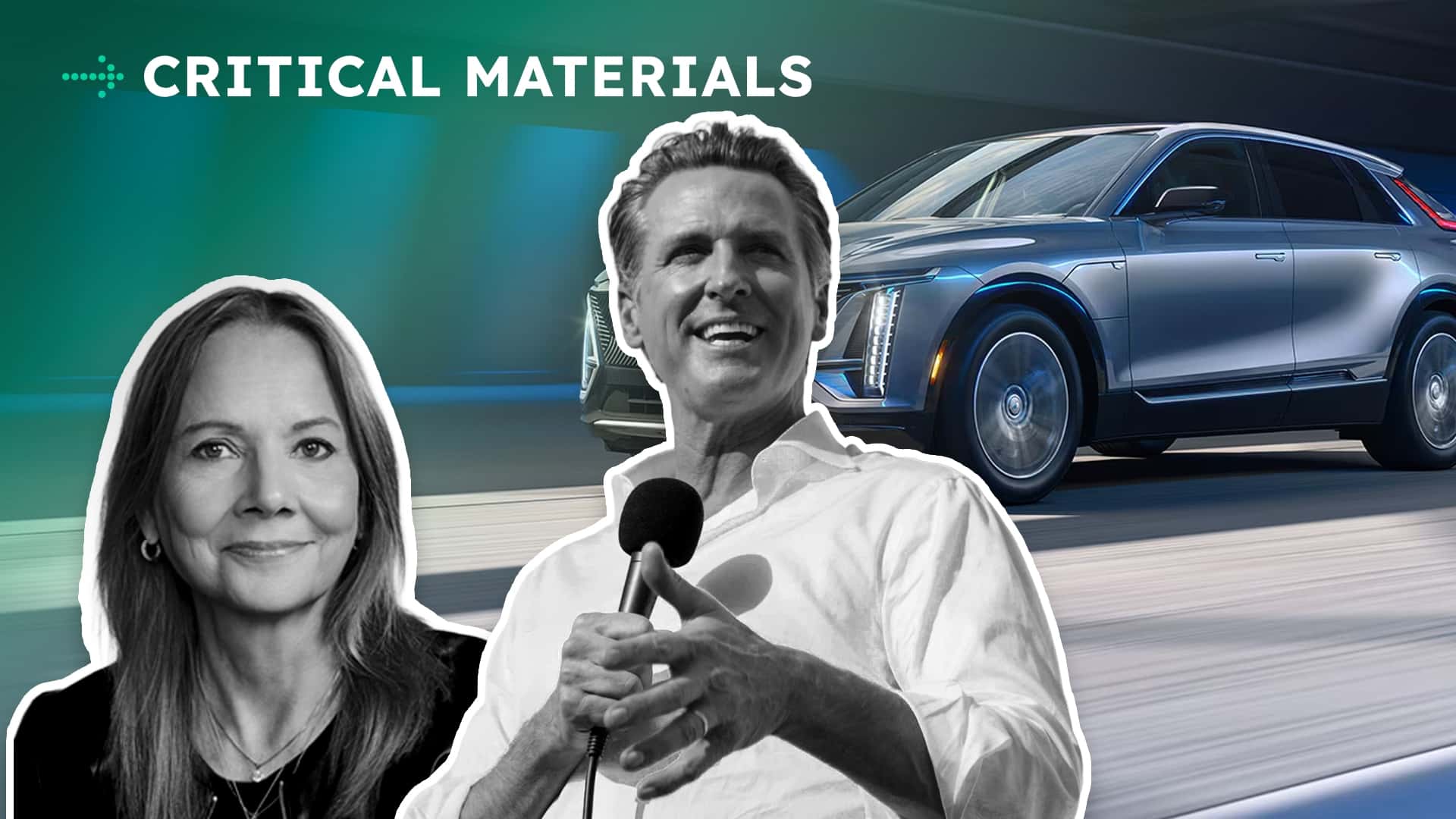
California's Electric Vehicle Incentive Plan Falters, Governor Blames Automakers
California will not be able to provide direct financial support to offset the expiration of the $7,500 federal electric vehicle (EV) tax credit. Governor Gavin Newsom confirmed that the state is not in a financial position to reinstate its own EV subsidies, despite earlier pledges to do so. This decision leaves California residents without the planned financial buffer against the loss of federal incentives.
Newsom stated that the state would continue to support the expansion of EV infrastructure, but direct subsidies were not feasible due to the state's budget constraints. The federal EV tax credit expired on September 30th, ending years of federal support for EV buyers.
The Governor also placed blame on U.S. automakers for the anti-EV measures that led to the revocation of the tax credit. He specifically called out General Motors (GM), accusing them of undermining California's efforts to reduce emissions and block the state's planned 2035 ban on gasoline-powered cars.
Newsom stated that GM's actions reversed progress made under the California Air Resources Board since 1967 in regulating tailpipe emissions. He attributed the rollback to the influence of former President Donald Trump, but emphasized that American automakers, led by GM, allowed it to happen.
GM has acknowledged the end of the tax credit era and, like other automakers, has been selling off existing EV inventory while adjusting production to meet anticipated demand. In a recent communication, GM cautioned against expecting significant EV discounts after the tax credit's expiration, anticipating a temporary decline in EV sales.
The market is now largely independent, and this shift could have a substantial impact on both brands and their supply chain partners in the coming months.
BYD Issues Warning to European Automakers
BYD, the Chinese automotive giant, is rapidly gaining prominence in the European market, causing concern among established European automakers. As BYD intensifies its EV expansion in Europe, the company is expressing growing confidence.
Maria Grazia Davino, Regional Managing Director of BYD Europe, recently discussed the company's strategy and issued a warning to European competitors. She emphasized that BYD possesses the technology and products to compete effectively.
Davino pointed out that customers are readily accepting BYD vehicles, often exceeding expectations. She noted the high conversion rate from test drives to purchases across various markets.
BYD's global rise has been remarkably swift. In just a few years, the company has transformed from a regional player to one of Europe's fastest-growing brands. Its approach involves offering stylish, technologically advanced cars at competitive prices. This strategy has resulted in a tripling of BYD's sales year-over-year, while Tesla's sales have declined. BYD has achieved a significant market share and, for the first time, surpassed Tesla in the region.
While Davino denies any intention to "conquer" the European auto industry, her comments may be aimed at preventing the implementation of "smart protectionism" measures advocated by trade groups like the European Association of Automotive Suppliers. These measures are intended to protect the EU's automotive industry from being overtaken by Chinese EVs.
Davino emphasized that BYD's goal is to enrich the industry through collaboration and competition. However, BYD's increasing market share in Europe is undeniable. This trend highlights the growing appeal of foreign products to European consumers, presenting a challenge to domestic manufacturers.
Europe must now consider strategies to safeguard its industrial base, including tariffs, local content requirements, and potential partnership agreements for Chinese automakers. BYD's stance is clear: collaboration and competition are essential for future success.
Tesla Faces Lawsuit in China Over Full Self-Driving Claims
Tesla is facing legal challenges in China related to its Full Self-Driving (FSD) software. A lawsuit filed by a group of owners highlights the incompatibility of Hardware 3 (HW3) with full autonomy, mirroring similar issues in other markets.
When Tesla launched FSD in China, it promoted the service with promises of future autonomous driving capabilities. However, it has become apparent that millions of Teslas sold between 2016 and 2023 lack the necessary hardware to achieve full autonomy.
Tesla CEO Elon Musk has acknowledged that an upgrade would be needed for HW3 owners who purchased FSD outright. However, no upgrade has been offered, leaving many owners who bought the car after 2022 with a subscription but no clear path to realizing the promised capabilities.
Frustrated owners in China have now filed a lawsuit, accusing Tesla of failing to deliver on its promise of unsupervised Full Self-Driving for over five years. The lawsuit also criticizes Tesla for not providing refunds to buyers who requested them after the rollout of FSD in China, which was renamed "Intelligent Assisted Driving" to comply with stricter marketing regulations for semi-automated driving features. The plaintiffs argue that HW3 cars were excluded from this rollout. Chinese courts have accepted the lawsuit, and Tesla has reportedly not yet responded to the allegations.
Brand Loyalty vs. Innovation: A Dilemma for European Car Buyers
The European auto industry is facing increasing competition from foreign brands like BYD, which are aggressively pursuing market share. This situation raises questions about the future of Europe's manufacturing prowess and the strategies needed to protect established players.
Some industry stakeholders advocate for "smart protectionism" to shield companies that struggle to compete on price. However, others argue that innovation is the key to retaining customers.
Consumers are now faced with a choice: stick with familiar, established brands or opt for newer entrants that offer more features at a lower price. This decision is further complicated by considerations of domestic supply chains. The question remains whether brand loyalty will be sufficient to retain buyers in the face of compelling offers from foreign competitors.


No comments:
Post a Comment